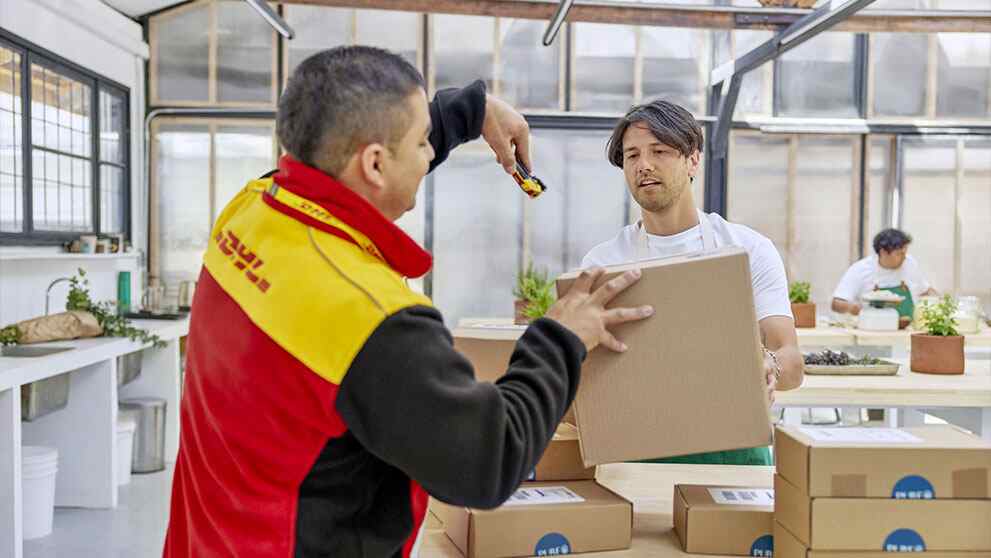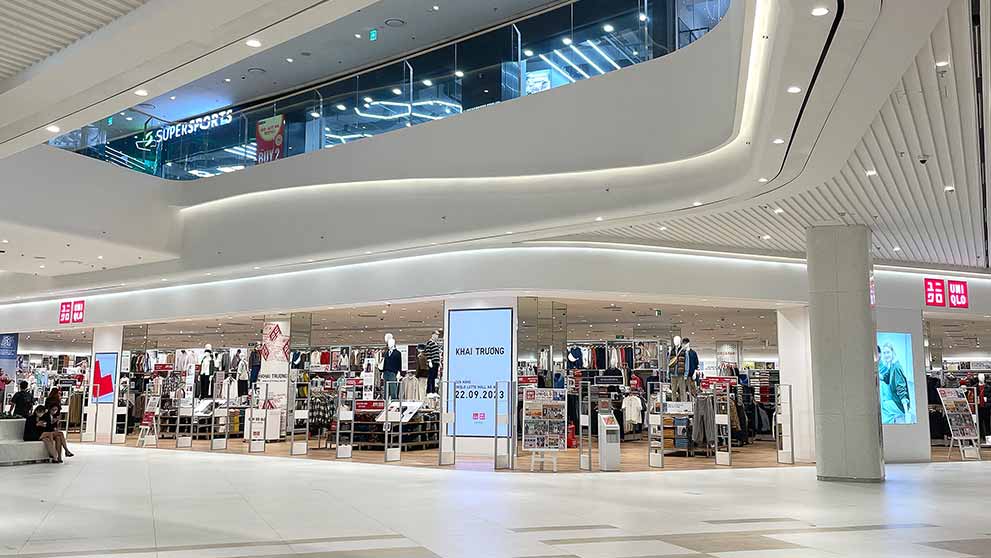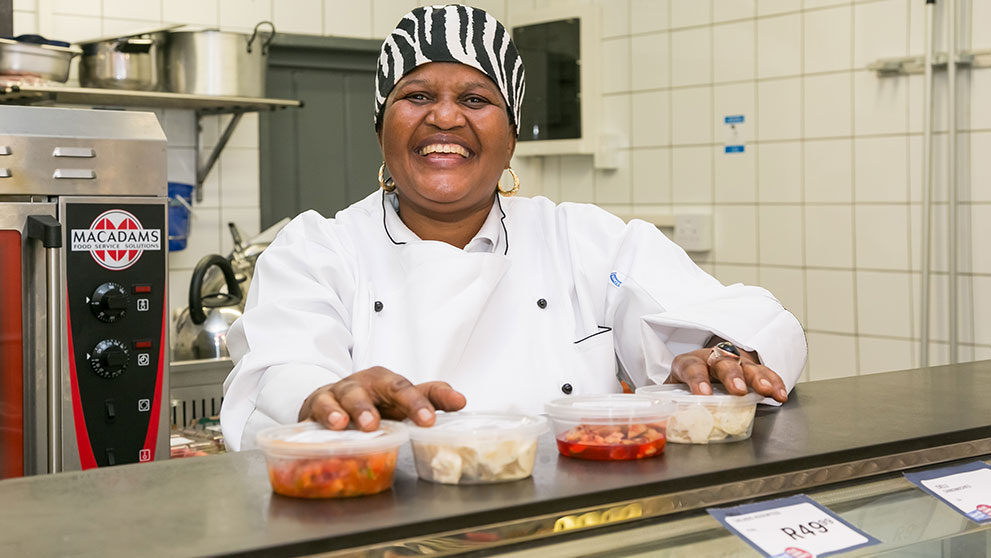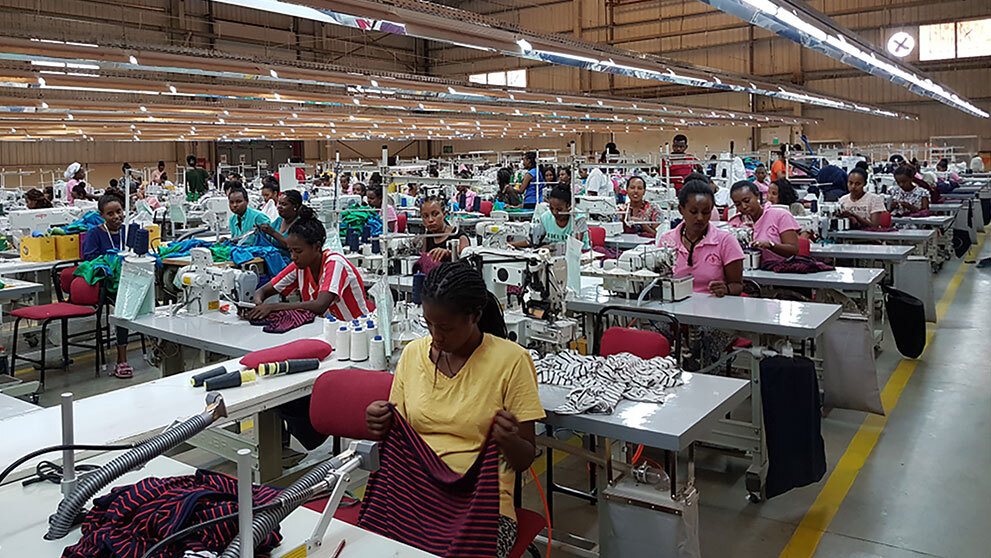Every morning, as you stroll through bustling city centres or tranquil suburban streets, a familiar, sweet aroma of freshly brewed coffee often tempts you. It emanates from the myriad of coffee shops dotting the landscape, inviting you to indulge in a quick cup, even if it wasn't part of your original plan.
This scenario resonates with countless South Africans today. Coffee has woven itself into the fabric of our culture, evolving dramatically over recent years. While coffee shops were among the hardest hit during the Covid-19 pandemic, the love for coffee endured, with many consumers trying to replicate their favourite brews at home.
Today, coffee shops have bounced back stronger than ever, despite soaring coffee prices. According to Stats SA, instant coffee prices surged by 22% last year, while ground coffee and coffee beans saw a 14% increase. Yet, our love for that morning brew remains unshaken.

The Growing Demand for Coffee Shops in South Africa
Coffee shops have emerged as popular alternative workplaces for many South African professionals. With flexible working conditions becoming the norm, frequent power outages have made coffee shops a haven for remote workers. No longer just the domain of freelancers, these spaces now welcome a diverse array of remote professionals.
South African coffee shops have adapted to these challenges by offering features such as backup power, extra outlets, and reliable Wi-Fi. Beyond coffee, entrepreneurs are diversifying their offerings to include teas, smoothies, muffins, and sandwiches. Hosting events like coffee tastings, book clubs, and game nights further enhances the coffee shop experience.

Key Factors For A Successful Coffee Shop
Location: If you're planning to expand into a franchise, consider the Starbucks model of 'cluster marketing,' which involves opening multiple outlets within walking distance. Affordable street corner retail spaces near taxi ranks or schools can be ideal, catering to parents and commuters alike. Alternatively, mobile coffee vendors in beach parking lots and tourist hotspots offer a unique experience for those looking to enjoy coffee with a view.
Costs: Starting a coffee shop in a competitive, niche industry requires meticulous financial planning. Develop a comprehensive business plan that outlines your start-up and running costs. Calculate the average cost per cup to set a reasonable retail price with a clear profit margin. Sound business principles necessitate thorough number crunching before you launch.
Suppliers and Quality Control: Building and maintaining strong relationships with suppliers is crucial for staying abreast of industry trends and ensuring reliable payment and delivery schedules. While cheaper beans may be tempting, consider the long-term impact on quality and relationships. Rigorous quality control, from cleanliness to precise pouring times, is essential to maintain the integrity of your coffee flavour. A single burnt bean or improperly rinsed cup can tarnish a customer's experience.
Legals: Acquiring a hawker's license for popular roadside locations can be challenging, so assess the feasibility of such a plan before proceeding. If you plan to serve food, apply for a food trader's license at your local municipality. The cost will vary based on your business type. Consult a lawyer to ensure limited liability, protecting your private assets in case of business failure. While not mandatory, displaying barista and tourism grading certifications can enhance your establishment's credibility.
Logistics: Efficient logistics are vital for a coffee shop's success. This includes sourcing and storing coffee beans, ensuring timely supply deliveries, and managing inventory. Partnering with a reputable logistics provider like DHL can streamline these processes.
Take the first step towards brewing success by opening a business account today.






































